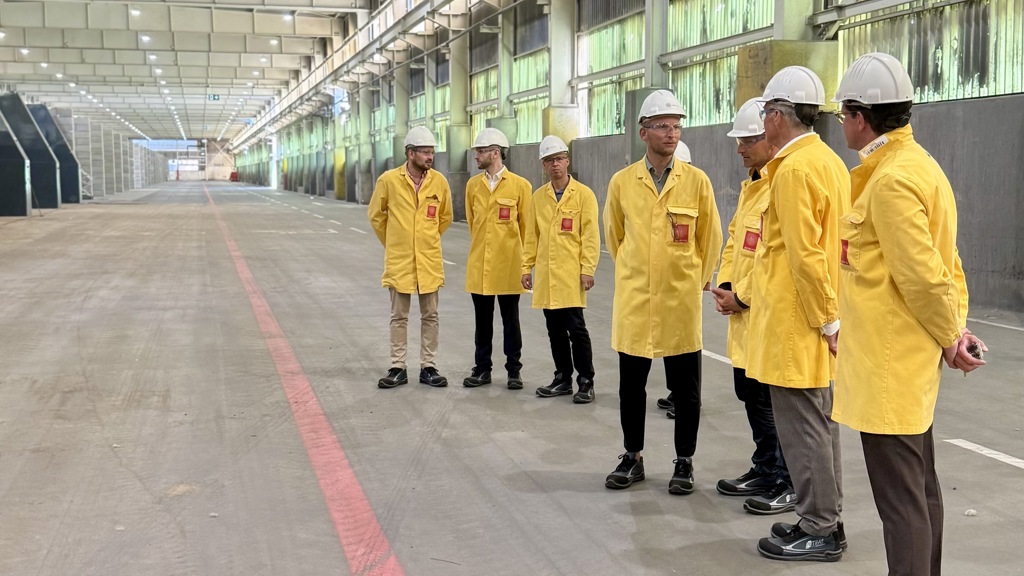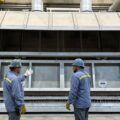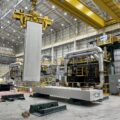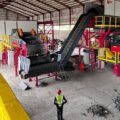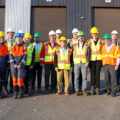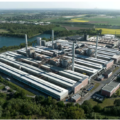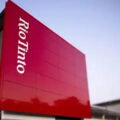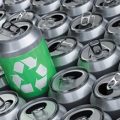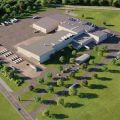Speira is advancing in its transformation from a primary aluminum production model towards a circular economy, with an investment of 40 million euros in its Rhine plant. The company expects to reduce up to 1.5 million tons of CO₂ per year by expanding its recycling capacity and installing a new furnace exclusively for scrap, which will begin operating in early 2026.
The project includes the conversion of one of the four existing smelting furnaces for recycled alloys and the completion of a new scrap warehouse that occupies a third of the old foundry. The facility will allow for more efficient storage and sampling of post-consumer waste, increasing the availability of raw materials for all recycling furnaces.
Daniel Rinkert, member of the Bundestag and deputy spokesperson for Climate and Environment of the SPD, emphasized that “Speira demonstrates how transformation can generate new economic momentum. Reliability and predictability are essential for this process, and our role is to support companies so that they are not hindered by jumps in emission prices or bureaucratic delays.”
The beverage can market will be a key example of the impact of the transformation, as cans complete a production, consumption, and recycling cycle in just 60 days. This allows aluminum to pass through Speira’s furnaces several times, maximizing the efficiency of its advanced technologies. Under the umbrella of European Aluminium, the company also collaborates in research on more recyclable alloys and in deposit and collection systems that encourage the recovery of this light metal.
Boris Kurth, head of beverage cans and the Rheinwerk, noted that “the long halls of the plant allow us to plan on a large scale. This new scrap facility expands the capacity of all our recycling furnaces and helps us to make much greater use of post-consumer waste.”

